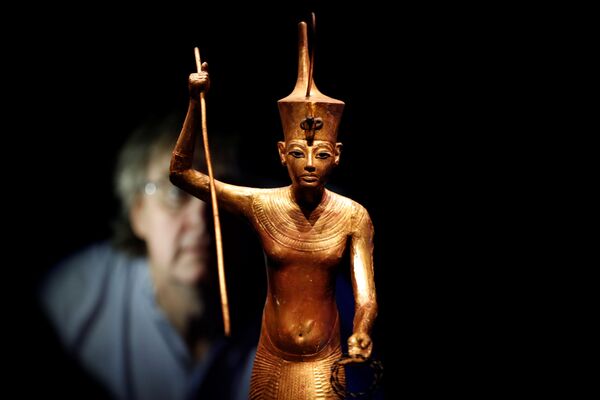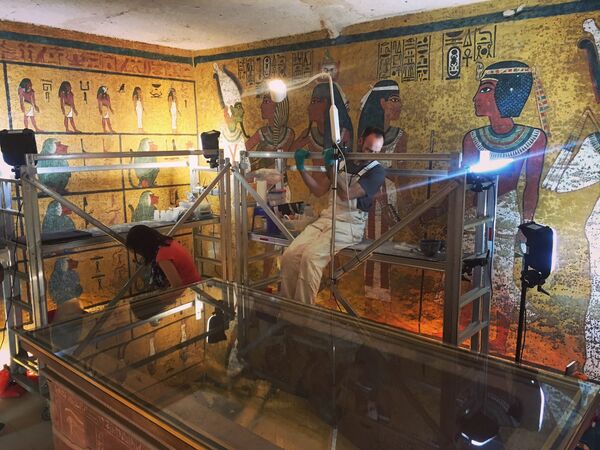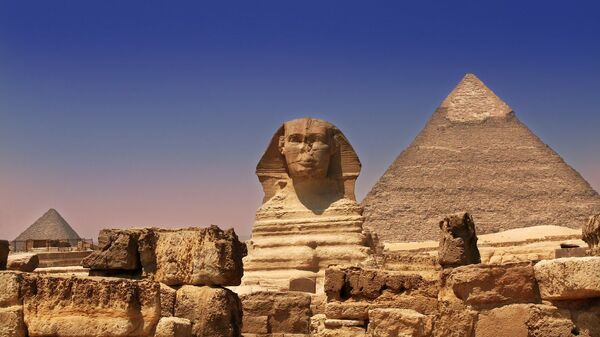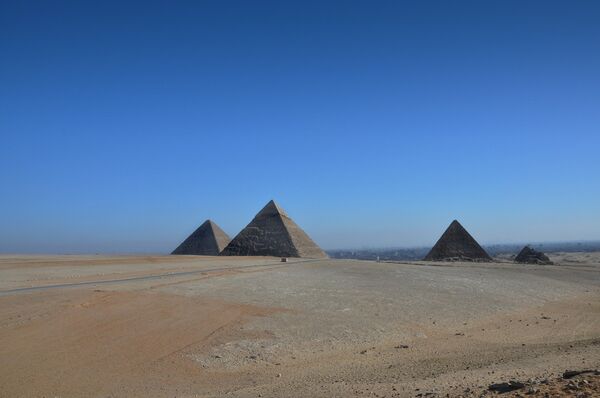In a potentially bombshell discovery, Egypt archaeologists are currently probing a fascinating find, according to the country’s Minister of Antiquities Dr Khaled El-Enany.
In an interview for the Express he said:
“We will announce a discovery in November after using the CT scan and DNA test for the study of an animal that we found. It is a very strange animal, like a big cat, so we are now working on it. Maybe it will be a lion or a lioness, but we are studying it now and will announce the find in a few weeks.”
Dr El-Enany refused to shed any more light on the discovery, while saying archaeologists are still making new discoveries daily.
Ancient Egyptians are known to have held cats in the highest esteem, with penalties for injuring or killing the feline animals.
Around 3,000BC they worshipped a Cat Goddess, often represented as half feline, half woman, whom they called Bastet.
The most famous of these mythical creatures is the Great Sphinx of Giza.
Archaeologists have long pondered on what mysteries might be concealed beneath the huge limestone statue with the body of a lion and head of a human that stands on the Giza Plateau, guarding the pharaoh Khufu in the pyramid behind it.
Dr Khaled El-Enany said in the interview:
“We are, with our partners from Egypt abroad, opening our doors, land and ancient sites to use more modern technology. Yes we have the tomb of Tutankhamun and the Pyramid of Giza, but we have other projects elsewhere using the most advanced technology either for university work or inside the museum.”
Referring to the scheduled opening next year of the Grand Egyptian Museum (GEM), also known as the Giza Museum, Dr El-Enany signaled that the new discovery could become the central attraction.
“The Grand Egyptian Museum is using the most advanced technology in the world. The study of the mummies and the mystery to know more is always exciting."
Cairo is set to be a global touristic attraction in 2020, particularly as the highly anticipated Grand Egyptian Museum (GEM) is scheduled to open its doors and become the largest archaeological museum in the world.

It will house over 100,000 of Egypt’s treasures, many of which were moved from Tahrir Square’s iconic Egyptian Museum including the Tutankhamun mask and the rest of the Tutankhamun collection.

Given that the ‘Tutankhamun Exhibition’, displaying the renowned king’s treasures, has been touring the world for almost two years before settling in the GEM, Egypt is expecting an influx of tourists to visit its capital and the GEM to discover its ancient culture.



